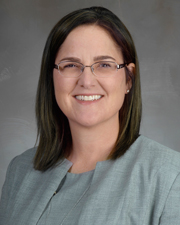McCullough Lab
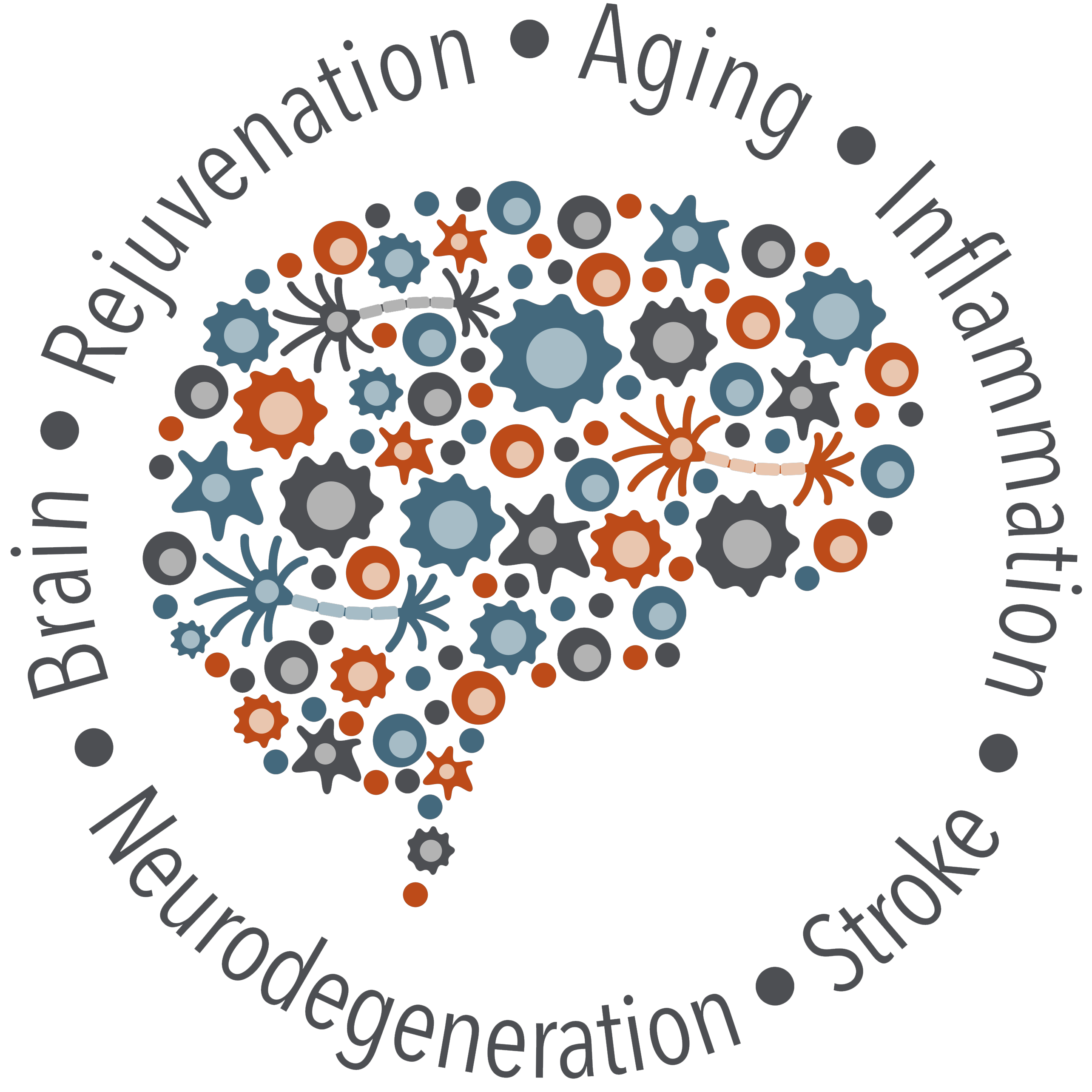
Louise McCullough, MD, PhD, FAHA – Chair & Professor
Roy M. and Phyllis Gough Huffington Distinguished Chair
Founder, BRAINS Research Laboratory
Co-Director, UTHealth Neurosciences
Dr. McCullough’s laboratory focuses on the investigation of sex and age differences in inflammatory signaling in both the brain and peripheral tissues after stroke. A major area of recent work investigates the mechanisms by which social isolation increases mortality and impairs recovery after stroke, an effect also seen in humans. Social isolation alters the immune response to stroke during chronic recovery. Her lab is currently attempting to reduce age-related inflammation both in the brain and periphery to reduce brain injury using bone marrow replacement and manipulation of the microbiome.

Anik Banerjee, PhD – Postdoctoral Research Fellow
Education & Training
BS Chemistry (Biological Track), Texas A&M University – College Station, TX (2019)
MS Biomedical Sciences, University of Texas Health Center at Houston Graduate School of Biomedical Sciences – Houston, TX (2021)
PhD Immunology, University of Texas Health Center at Houston Graduate School of Biomedical Sciences – Houston, TX (2024)
Areas of Interest
Research interests: gut microbiota-immune-brain axis, therapeutic manipulations of the microbiome in neurodegenerative and neurophysiological diseases
Clinical interests: neurology and neurosurgery
Research
-Neuroscience Program, Department of Neurology – MD Anderson UTHealth GSBS – Houston, TX (August 2021-present)
Mentors: Dr. Louise McCullough, MD/PhD and Dr. Juneyoung Lee, PhD
“The Detrimental Effects of Social Isolation toward the Microbiome and Host Metabolism”
Hobbies & Interests
Painting, dogs, cars, bicycling and running
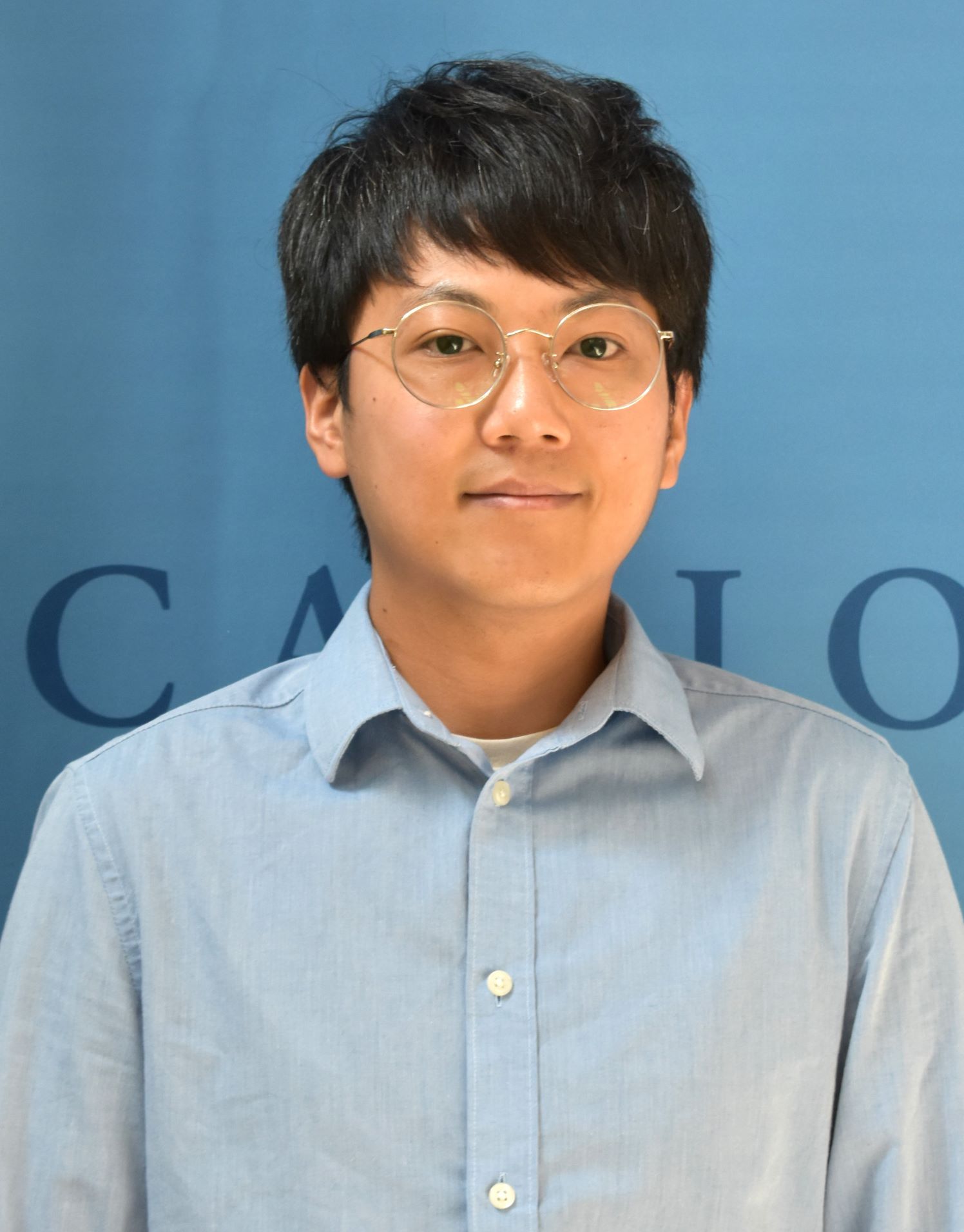 Yu-Ju Chen, PhD – Postdoctoral Research Fellow
Yu-Ju Chen, PhD – Postdoctoral Research Fellow
Education & Training
BS Biomedical Sciences, Chang Gung University – Taiwan
MS Biomedical Sciences, Division of Physiology and Pharmacology, Chang Gung University – Taiwan
PhD Biomedical Sciences, Division of Physiology and Pharmacology, Chang Gung University – Taiwan
Areas of Interests
Research Interest: Microbiome influence on development, generational effects of dysbiosis, stroke, gene therapy and lipid nanoparticle delivery
Research & Experience
-The role of hippocampal gene correlated with neurogenesis in cognition, emotion, aging, and neuroplasticity (2015-2021) under the supervision of Dr. Guo-Jen Huang – Chang Gung University, Taiwan
-Discovery of gene candidates to alleviate anxiety and depressive-like phenotype in chronic stress treated female mice (2020-2021) under the supervision of Dr. Guo-Jen Huang – Chang Gung University, Taiwan
-Delivery of lipid nanoparticle CRISPR/Cas9 complex into the mouse brain to cure fragile X syndrome (2022-2024) under the supervision of Dr. Hye Young Lee – The University of Texas Health Science Center at San Antonio, San Antonio
Hobbies & Interests
Dancing, rabbits, and swimming
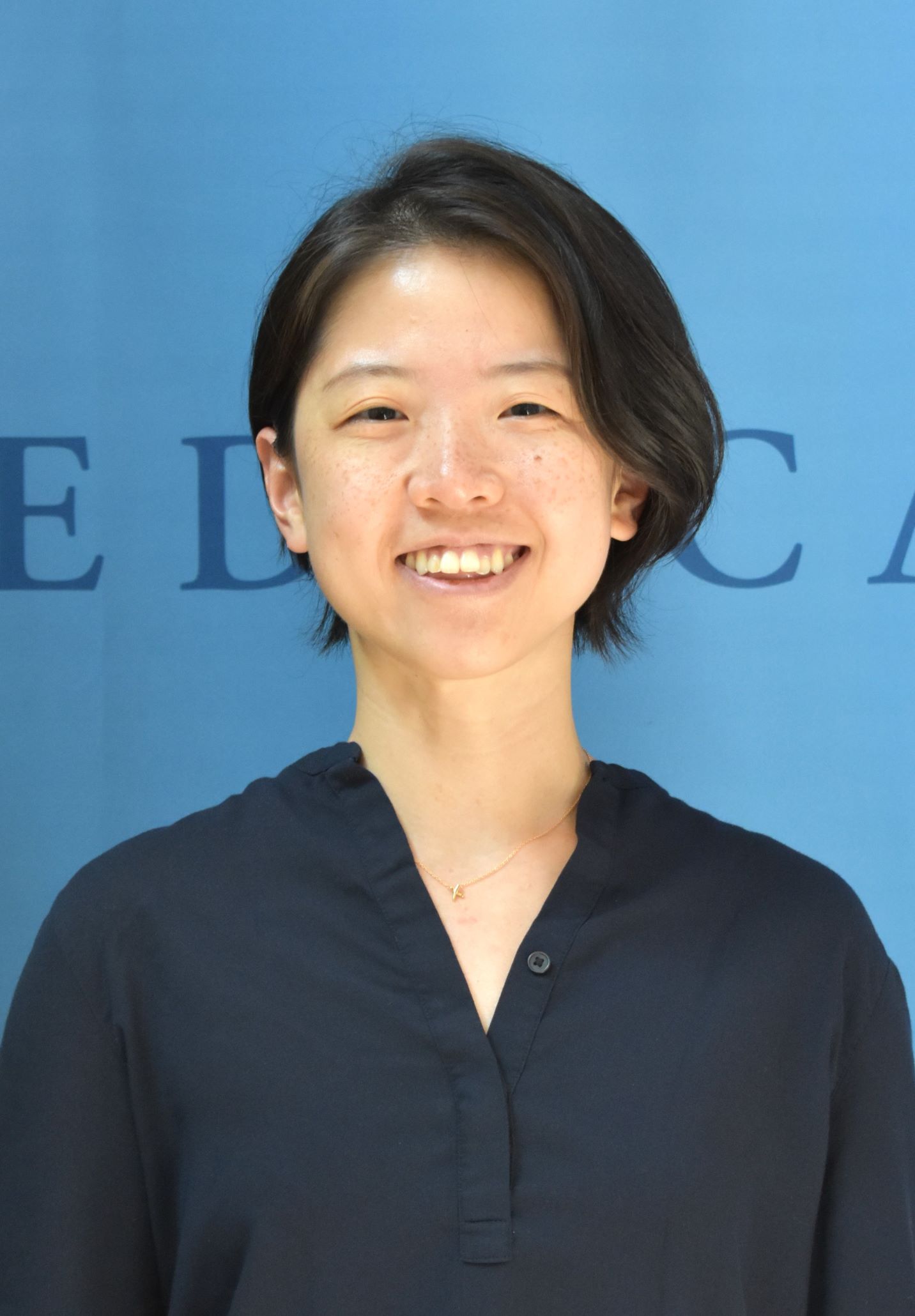
Danye Jiang, PhD – Postdoctoral Research Fellow
Education & Training
BS Molecular and Cellular Biology, Johns Hopkins University – Baltimore, MD
PhD Neuroscience, Baylor College of Medicine – Houston, TX
Areas of Interests
Research Interest: Microglia, glia biology, cerebral amyloid angiopathy (CAA), stroke, and social isolation
Research & Experience
My current research interests are to understand 1) how polarization of microglia, the CNS resident immune cells, affects disease development and 2) how manipulation of their responses may delay disease progression and promote brain tissue repair. My early career contributions were focused on investigating the effect of early developmental exposure to general anesthetics on brain development under the guidance of Dr. David Mintz and Dr. Guo-li Ming. My graduate training continued to focus on neural development using a model of murine retina under the mentorship of Dr. Melanie Samuel. Specifically, I identified the complement protein C1q as a regulator of neurite confinement in horizontal cells as well as the signal regulatory protein SIRPα in instructing developmental microglial activation and phagocytosis, and ultimately synapse refinement during retinal development.
Hobbies & Interests
Rock climbing, classical concerts, and antiquing
Janelle Korf – MD/PhD Graduate Student Research Assistant
Education and Training
BS Microbiology and Infectious Diseases, The University of Texas at Austin – Austin, TX (2016)
MD/PhD University of Texas Health Center at Houston Graduate School of Biomedical Sciences – Houston, TX (2017-2025)
Areas of Interest
Clinical interests: Neurology, pediatrics, infectious diseases
Research interests: Microbiology, brain-gut axis, microbiome, microscopy
Research
Despite our increasing understanding of the fundamental role that the microbiome plays in moderating immune responses, there are still many circumstances in which its importance is overlooked and potential avenues of intervention are completely unexplored. Neonatal hypoxic-ischemic encephalopathy (n-HIE) accounts for 23% of infant mortality worldwide and affects 0.7-1.2 million infants annually. Amongst those who survive the initial injury rates of disability remain high throughout life. Despite the high disability burden associated with survival after n-HIE, there are very few preventative or protective treatments available for infants after an HIE event. Due to my long-standing interest in microbes and recent evidence showing that microbiota can be orchestrated beneficially to treat diseases, as my thesis project, I will elucidate the role of microbiome in n-HIE conditions. Interestingly, we are seeing that the intestinal microbiome plays a major role in neurological disease outcomes. We are working on investigating the causative effect of n-HIE on gut pathologies and how therapeutic interventions at the level of the microbiome can decrease the body’s systemic inflammatory response and improve neurological outcomes. I will define pathways by which this is accomplished and identify key microbial-derived factors that could be used as a therapy for both short and long-term benefits.
Hobbies & Interests
Art, hiking, and gardening
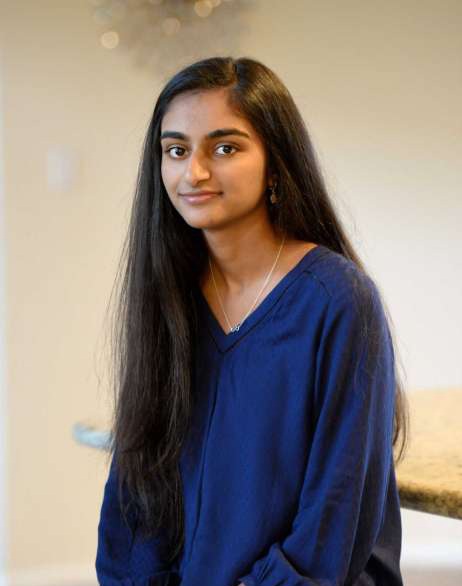 Romeesa Khan – GSBS Graduate Student Research Assistant
Romeesa Khan – GSBS Graduate Student Research Assistant
Education & Training
BS Biochemical and Biophysical Sciences, University of Houston – Houston, TX
Areas of Interest
Research interests: Neuroimmunology, vascular dementia, chronic stroke, neonatal injury/TBI, vascular immunology
Clinical interests: Neurosurgery, vascular neurology, pediatrics, trauma surgery
Research & Experience
-Research Assistant, Department of Neurology – UT Health – Houston, TX (2022-2023)
-BRAINS Summer Research Program, Department of Neurology – UT Health – Houston, TX (2021)
-Research Technician – Department of Symptom Research, MD Anderson Cancer Center – Houston, TX (2019)
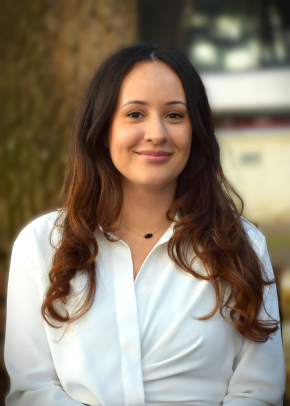 Alexis McAlister – GSBS Graduate Student Research Assistant
Alexis McAlister – GSBS Graduate Student Research Assistant
Education & Training
BA Neuroscience & Cognitive Science with a minor in Biochemistry and Cell Biology, Rice University – Houston, TX (2021)
Areas of Interest
Research interests: Alzheimer’s Disease, vascular dementia, gut-brain axis
Research & Experience
-GradSURP Summer Research Program, UT Health – Houston, TX (2018)
-BRAINS Summer Research Program, Department of Neurology – UT Health – Houston, TX (2019)
-Research Technician – Department of Neurology, UT Health – Houston, TX (2019-2021)
Hobbies & Interests
Traveling, playing guitar and bass, photography, cycling
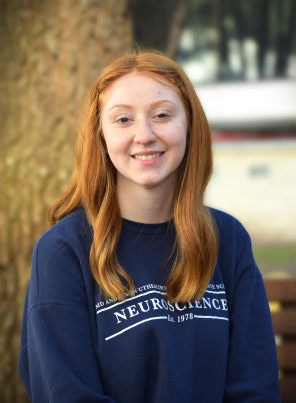 Mekenzie Peshoff – GSBS Graduate Student Research Assistant
Mekenzie Peshoff – GSBS Graduate Student Research Assistant
Education & Training
BS Neuroscience and Biology, Centenary College – Shreveport, LA (2021)
BA Philosophy, Centenary College – Shreveport, LA (2021)
PhD Neuroscience and Cancer Biology, University of Texas Health Center at Houston Graduate School of Biomedical Sciences – Houston, TX (2021-present)
Areas of Interest
Research interests: microglia in brain tumors, cancer neuroscience, myeloid immunotherapy in cancer and neurodegeneration
Research & Experience
-Graduate Research Assistant, Department of Neurology – UT Health – Houston, TX (January 2024-present)
-Graduate Research Assistant, mentor Krishna Bhat – MD Anderson Cancer Center – Houston, TX (2021-2023)
-Undergraduate Research Assistant, mentor Stephan Witt – Louisiana State University – Shreveport, LA (2019-2021)
-Intern, Louisiana Biomedical Research Network, mentor Stephan Witt – Louisiana State University – Baton Rouge, LA (2019)
Hobbies & Interests
Baking, exploring Houston restaurants, and being a cat mom.
Visiting Students
 Karen Marquez
Karen Marquez
Education & Training
BA Neuroscience and Cognitive Science with minor in Biochemistry and Cell Biology, Rice University – Houston, TX (2021-Present)
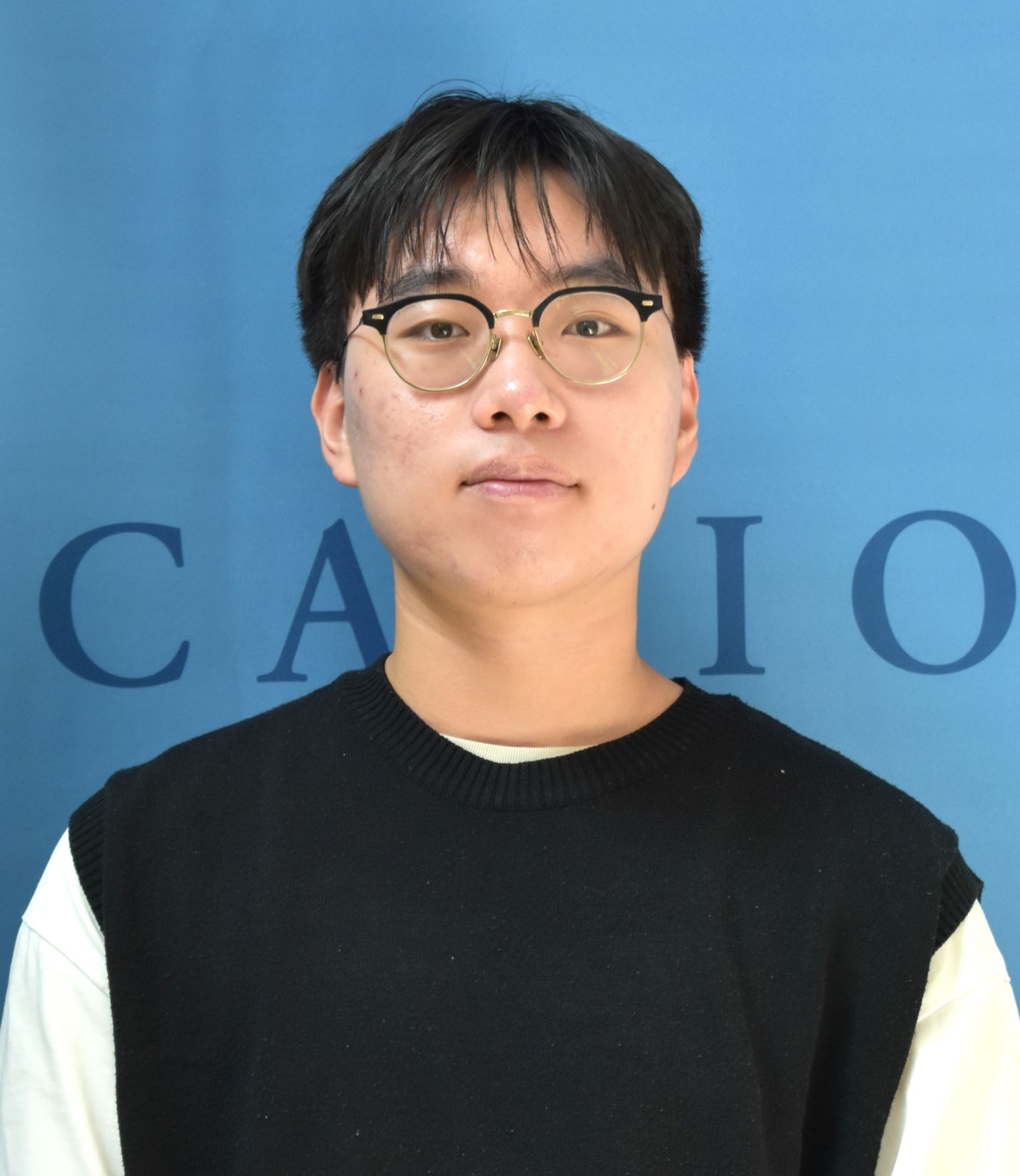 Ung Hyun (Hyearny) Kim
Ung Hyun (Hyearny) Kim
Education & Training
BSc Biomedical Sciences with Entrepreneurship, University of Manchester – Manchester, United Kingdom (2022-Present)
Research Assistants
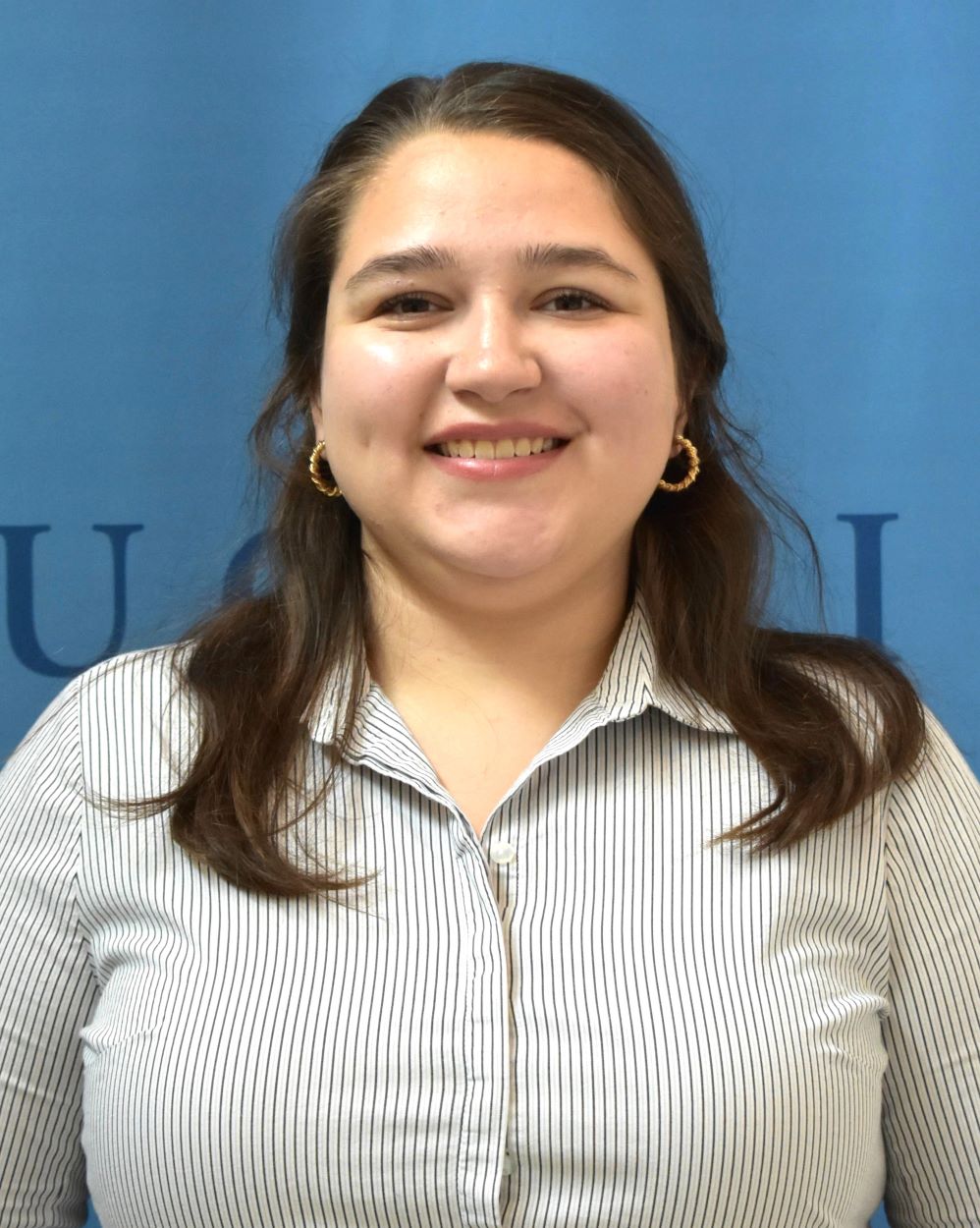
Kristen Rebeles
Education & Training
BS Biomedical Science, Texas A&M University – Corpus Christi, TX (2020)

Bryce West
Education & Training
BA Neuroscience with minor in Chemistry, Dartmouth College – Hanover, NH (2021)
MS Physiology, University of Rochester School of Medicine & Dentistry – Rochester, NY (2022)
 Lillianne Liu
Lillianne Liu
Education & Training
BA Neuroscience and Behavior and Psychology, Wesleyan University – Middletown, CT (2020-2024)
